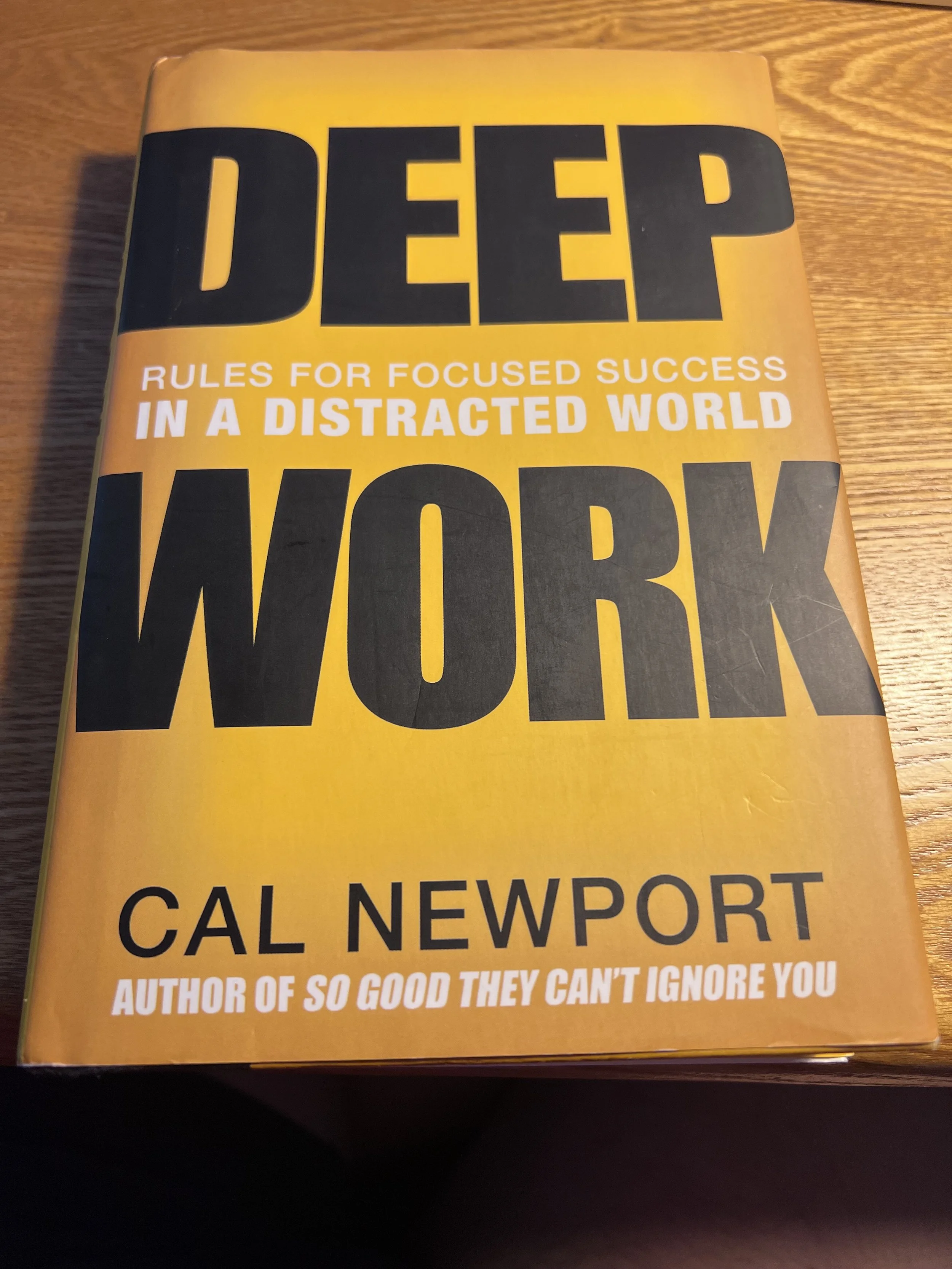It is for the conductor to decide, but how can a conductor know? Some of this boils down to expertise, having a plan, and having an easy-to-read clock to help stay on the plan. That said, it’s helpful to have some idea of what the norms look like, perhaps with a heuristic or model or guidepost.
. There are at least three categories of activity to think through on paper when aiming at professional reflection:
What worked/didn’t work this time?
What should we work on next rehearsal/class?
What should I work on in the meantime to improve my rehearsal technique/teaching?
There is a terrific new article in American String Teacher (produced by the American String Teachers Association) called “The Case for Rehearsing at Performance Tempo.” In it, author and teacher Paul Trapkus discusses a common solution applied by many conductors to improving difficult technical passages, that of working under tempo.
Rehearsal time is a precious resource when working with a large orchestra. Nowhere is that more true than when working on new music. Time may be short enough that even a conventional piece of music would be difficult to prepare in the time available. Added to that, the many complexities of contemporary repertoire may create a very long list of questions that conscientious orchestral musicians will come to rehearsal needing answers to before a read-through is possible.
I think we all want to come out of this undifferentiated sea of snackable, viral content, back and forth messages, contextless tweets, and seemingly meaningless work tasks, and move in the direction of books, records, marathons, no-tech camping trips, meditation retreats, long form journalism, 5000-piece puzzles, baseball, writing cabins, undistracted 2-hour coffee with a friend, and of course a night at the symphony or theater…. So in that context, though I hate to use a cliché, I think we need long form music—classical being one example—now more than ever, in this one particular way:
Princeton musicologist Elizabeth Margulis and her colleagues convincingly provide strong and subtle evidence that the claims that music is the universal language remain, at best, significantly overstated, just as much as they were when Mehr et al published their most recent rehearsal in 2019.








